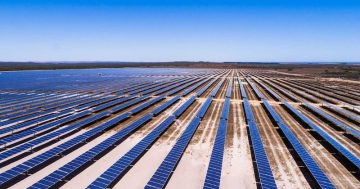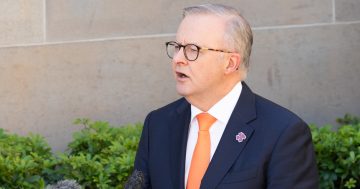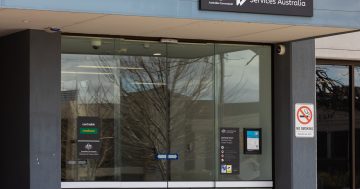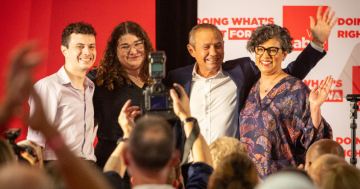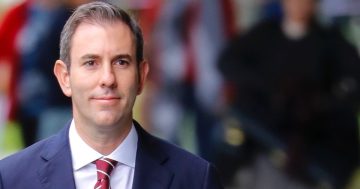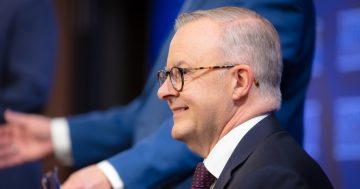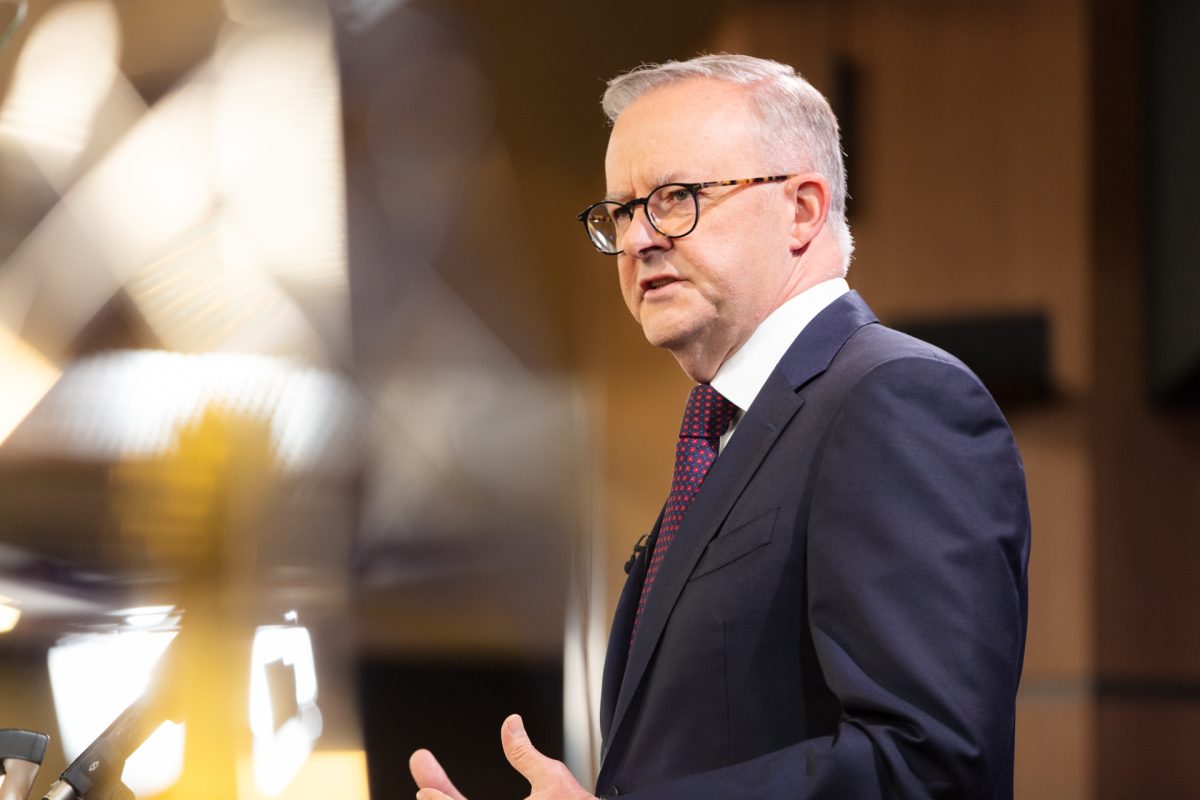
Prime Minister Anthony Albanese isn’t giving much away about when the next federal election will be held. Photo: Michelle Kroll.
Federal government departments are in the middle of a complex budget frenzy, with mixed messages being delivered about exactly what documents they are preparing and how many.
The Mid-Year Economic and Fiscal Outlook (MYEFO) is their current and immediate concern, but with a federal election due by May (the normal budget month), work is simultaneously being done in preparation for a federal budget to be handed down in March.
Confusing the matter further, however, is the prospect of an early election negating the need for a federal budget at all before Australians are sent back to the polls.
The budget process requires extensive consultation and coordination between agencies, with submissions circulated, commented on and amended at the highest departmental levels.
There are mandatory consultation processes in place for budget submissions between ministers and their departments prior to Cabinet consideration.
Ministers are responsible for ensuring consultation processes are adhered to by their departments and offices, with the view to resolving any differences between portfolios in advance of the Cabinet’s consideration.
The annual budget process usually begins at this time of year when the Expenditure Review Committee of Cabinet (ERC) weighs portfolio ministers’ new proposals against the government’s priorities.
From February to April, the ERC develops the budget against that background.
That timeline has been thrown out the window this year, requiring public servants to be working on budget submissions earlier and at the same time as finalising MYEFO.
In some agencies, however, it is already being suggested they take their foot off the pedal regarding the federal budget.
“Word is there won’t be a budget because the government is going to an early election,” one senior public servant told Region.
“That’s new, though, and quite a different message to what we have been told to date.
“Up until now, it has been a delicate and difficult process trying to do it all, do it well and do it comprehensively.”
While Anthony Albanese is holding his cards close to his chest, some confidants of the Prime Minister are suggesting that instead of a federal budget in March, there is more likely to be a federal election.
Labor’s campaign headquarters are already being staffed in preparation for the election to be called, with advisers from across ministerial offices being informed of their secondments once the date is announced.
One high-level government source told Region: “I see no value in us having a federal budget before the next election.”
Another government contact said: “If everything lines up, there’s likely to be an election before the end of March, so make your own conclusions about the implications for the federal budget.”
Before leaving Australia on Tuesday (12 November) to attend the APEC Summit in Peru, Mr Albanese denied he had discussed with WA Premier Roger Cook the possibility of moving that state’s election date (8 March) to make way for a federal election.
“It’s the media that seem to be obsessed by the date of elections,” Mr Albanese said.
“I’m focused on governing. That’s what I’m focused on. And I’ll leave the speculation to others.
“I have said repeatedly, and I repeat again today, I support four-year terms, and I wish there were four-year fixed terms so that this obsession with dates that begin halfway through a term didn’t continue.
“The media reports every week about election dates. Nothing new in that. As I said, it was going to be August 30, then it was September, then November, then December 7.
“The election, I’ve said the whole way through, will be in 2025. It will be called in April or before. But I’m focused on governing.
“And one of the reasons why we should have longer terms, as every state and territory government does, is to stop the speculation from, essentially, from the media that seems to occur in the last year of a term once you hit two years through.”
The latest Roy Morgan survey shows the Coalition slightly ahead of Labor in opinion polls on a two-party preferred basis but too narrow to predict a winner if an election were held now. Newspoll released on 10 November shows the Coalition leading on a two-party preferred basis 51 to 49.
Original Article published by Chris Johnson on Riotact.



